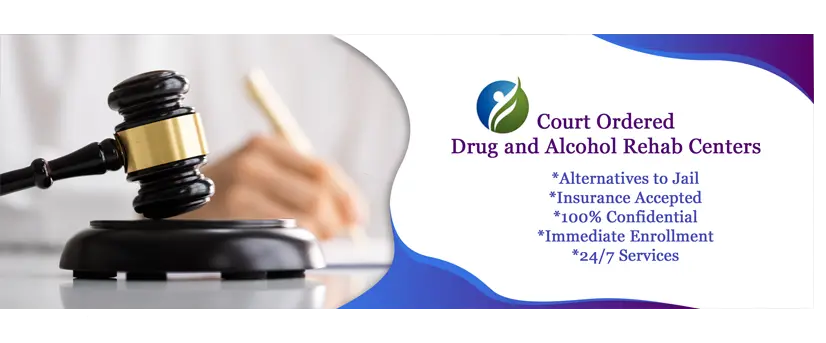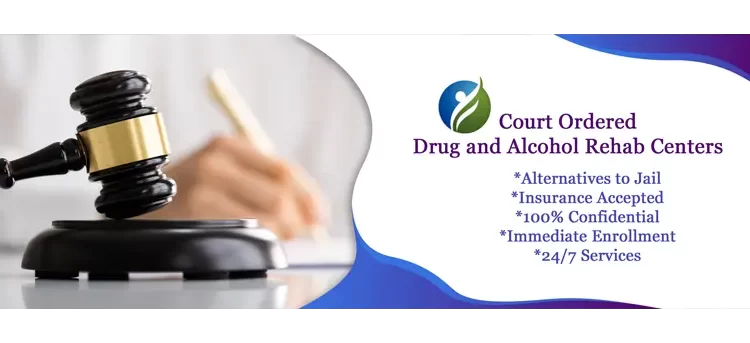Drug Proceeds
The transportation route through the West Texas/New Mexico area includes drugs coming into the U.S. and money being sent back to Mexico. These drug proceeds are difficult to trace and seize. Money is often laundered through legitimate businesses and money exchange houses. Conducting financial investigations leads to the identification and seizure of assets used to facilitate drug smuggling operations. Currency seizures also indicate that New Mexico is being utilized to return drug proceeds to Mexico and wholesale distributors in Arizona and California. Two areas of concern for money laundering activities in the state include:
Approximately 14 Native American-owned and operated casinos that handle billions of dollars in cash and are almost completely unregulated by state and federal authorities. In Las Cruces, New Mexico, less than 50 miles from the US/Mexico border, there are over 200 banking facilities, including many that operate from private residences and are not FDIC insured. Cities of similar size averaged 5-10 banking facilities.
Marijuana: Marijuana remains readily available and is considered the most widely used illegal drug throughout the State of Texas. Marijuana in this area is primarily imported from the Texas/Mexico border via privately owned vehicles (POV) and commercial trucks. Large quantities of marijuana are routinely seized by all levels of law enforcement during highway interdiction stops in the North Texas area. In recent years, increased enforcement activity has led to the seizure of several significant indoor marijuana cultivation operations in North Texas. These operations range in size from 100 to over 1100 plants and have produced marijuana with THC levels as high as 15%. Mexican marijuana is the most predominantly trafficked drug in the Houston Division. It is not uncommon for the US Border Patrol to make multi-hundred-pound marijuana seizures from “backpackers” at points along the Rio Grande River, and from vehicles at the US Border Patrol secondary checkpoints in Texas. At the Ports of Entry, ton-quantity seizures of marijuana are often made from commercial trucking attempting to enter the United States.
Transportation Threat: The volume of illicit drugs transported through Texas by land, sea, and air is immense. Tons of drugs pass through Texas and are delivered for local consumption. Poly-drug transportation groups pose the greatest threat to Southern Texas. Most drugs are transported through Texas on their way to the major consumer markets of the Midwest and the eastern United States. Drug-related proceeds are then transported back through Texas in bulk quantities to Mexico and points beyond. Illicit transportation organizations, like legitimate shipping firms, move whatever product is contracted for by the drug distribution organizations for delivery to the consumer markets. These groups, have been targeted by the Houston Division and are the focal point of this Division’s Transportation Initiative. The majority of cases for the El Paso Division involve the transportation of drugs. The Sierra Blanca, Texas checkpoint currently has law enforcement officials that perform only checkpoint responses. Recently there has been an increase in seizures and cases coming from this checkpoint.
DEA Mobile Enforcement Teams: This cooperative program with state and local law enforcement counterparts was conceived in 1995 in response to the overwhelming problem of drug-related violent crime in towns and cities across the nation. Since the inception of the MET Program, a total of 436 deployments have been completed nationwide, resulting in 18,318 arrests. There are three DEA Division offices in Texas: Dallas, El Paso, and Houston. Combined, these three divisions have completed 37 Mobile Enforcement Team (MET) deployments throughout the State of Texas since the inception of the program. These cities are Arlington, Wichita Falls, Tyler, Athens (2), Paris, Greenville, Terrell, Mt. Pleasant, Henderson, Corsicana, Brownwood, Ft. Worth (2), Sherman, Texarkana, Grand Prairie, Odessa, Midland, El Paso (2), Galveston, Orange County, Port Arthur, East Harris County, Freeport, Kingsville, Corpus Christie, Victoria, Tomball, Nacogdoches, Humble, Huntsville, Smith County, Monahans/Odessa, Richmond, and Montgomery County.
Sources
DEA.gov




